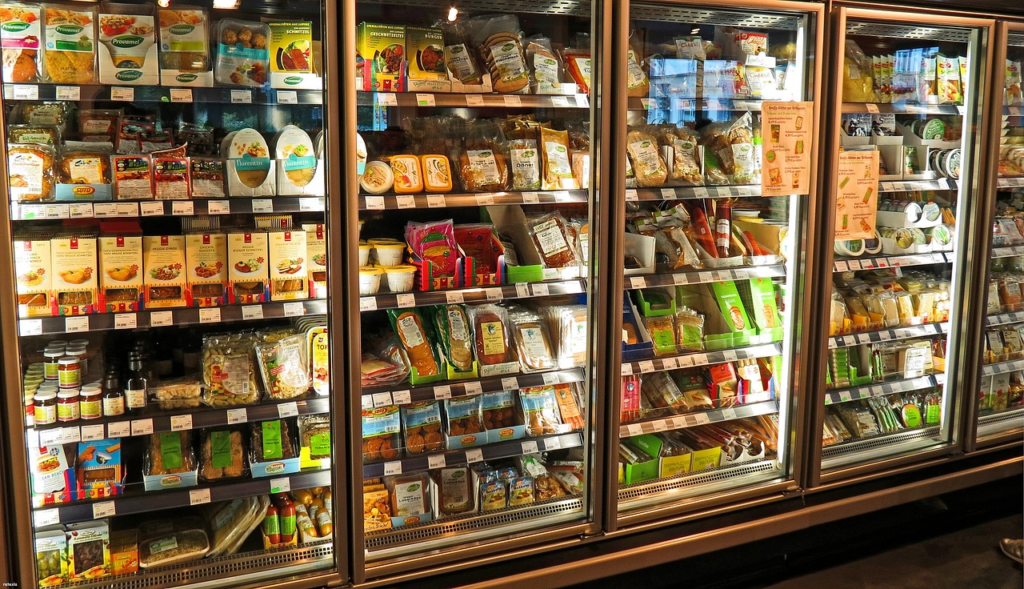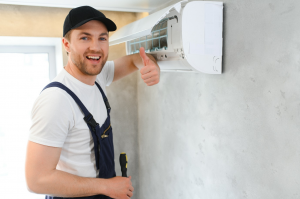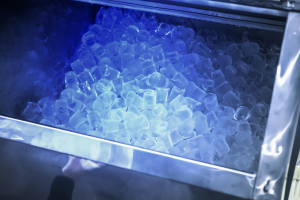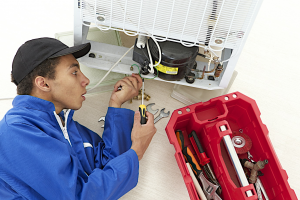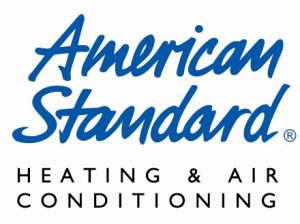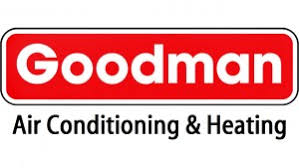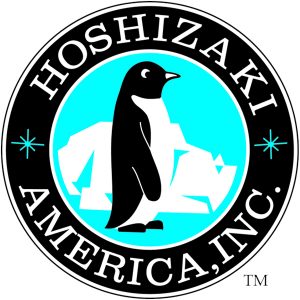Commercial refrigeration is the backbone of many businesses, including restaurants, grocery stores, and convenience shops. Proper care and maintenance of these essential appliances are crucial to ensure their longevity, efficiency, and food safety.
In this guide, we’ll walk you through the key steps of commercial refrigerator care.
Essential Steps for The Maintenance of Commercial Refrigerators

1. Regular Cleaning and Defrosting
Frequent cleaning is fundamental to maintaining a commercial refrigerator. Regularly wipe down the interior surfaces, shelves, and drawers using a mild cleaning solution. Remove any spills, crumbs, or food debris to prevent bacterial growth. Additionally, schedule regular defrosting sessions to prevent ice buildup, which can hinder the refrigerator’s efficiency.
2. Temperature Monitoring
Accurate temperature control is vital for food safety. Use a thermometer to monitor the internal temperature of your commercial refrigerator regularly. The ideal temperature range is between 32°F and 40°F (0°C to 4.4°C) to prevent bacterial growth and keep food fresh.
3. Proper Storage Practices
Organize your refrigerator’s contents strategically to enhance airflow and maintain consistent temperatures. Keep raw meats and seafood on lower shelves so you can prevent cross-contamination if there are any leaks. Keep dairy products and ready-to-eat foods on higher shelves, away from potential contaminants.
4. Seal and Gasket Inspection
The door seal, or gasket, plays a crucial role in maintaining the refrigerator’s efficiency. Inspect it regularly for any cracks, tears, or signs of wear. A damaged gasket can lead to temperature fluctuations and energy wastage. Replace it promptly if needed to ensure a tight seal.
5. Condenser Coil Cleaning
The condenser coils are responsible for dissipating heat and keeping the refrigerator’s compressor cool. Dust and debris accumulation on these coils can hinder their performance, leading to higher energy consumption. Clean the condenser coils regularly using a vacuum or a soft brush.
6. Scheduled Maintenance by Professionals
While routine care by staff is essential, scheduling professional maintenance is equally important. Commercial refrigerators should undergo thorough inspections by certified technicians at least once a year. These experts can identify and address potential issues, perform intricate repairs, and ensure your refrigerator’s optimal performance.
7. Addressing Repairs Promptly
If you notice any unusual noises, temperature fluctuations, or signs of malfunction, address the issue promptly. Ignoring these signs can lead to more extensive problems, higher repair costs, and potential food safety risks. Contact a reliable repair service to diagnose and fix the problem efficiently.
8. Energy Efficiency Considerations
Regular maintenance and proper care not only extend the life of your commercial refrigerator but also contribute to energy efficiency. Efficient refrigerators consume less energy, reducing operational costs over time.
Final Thoughts
Effective commercial refrigerator care is essential for maintaining food safety, preventing energy wastage, and extending the lifespan of these critical appliances. By following the steps outlined in this guide, businesses can ensure that their commercial refrigerators operate smoothly, delivering optimal performance and preserving the quality of stored items.
Fulfill All Your Commercial Refrigeration Needs with Reliable Services from Airplus Refrigeration
Discover top-notch solutions for all your commercial refrigeration needs at Airplus Refrigeration. From ice machine rentals, air conditioning repairs, and wine cellar installations to maintenance and more, we’re your trusted partner in Los Angeles. Contact us to experience excellence in service today.


